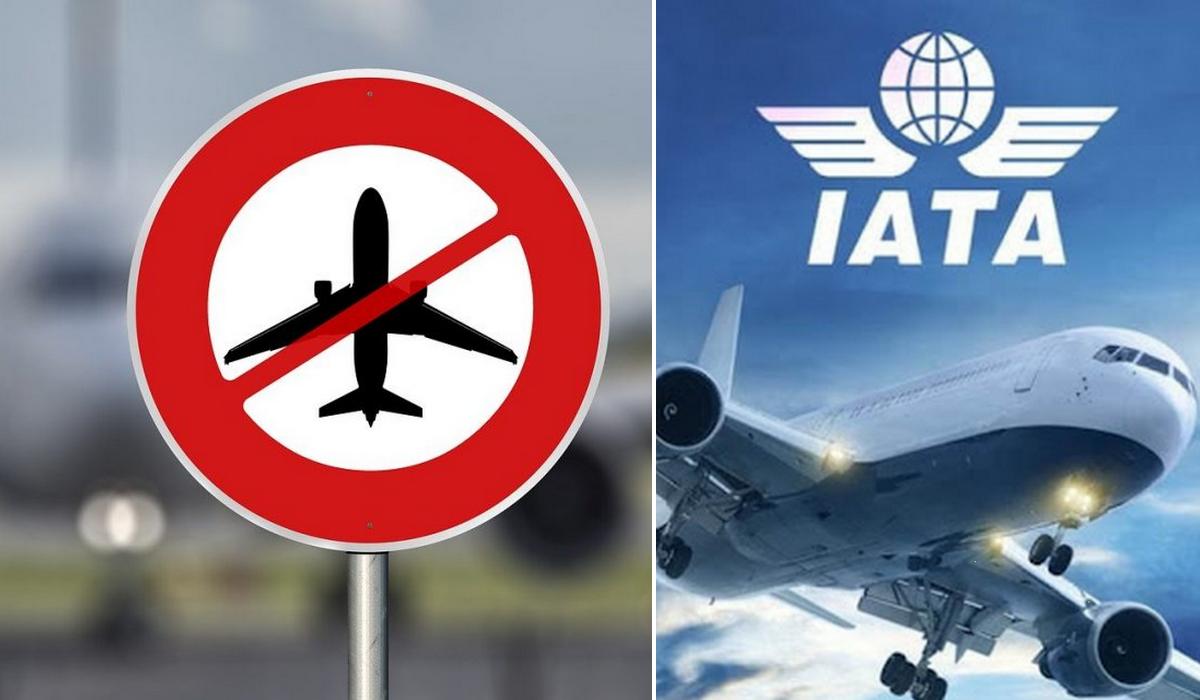Rising oil prices around the world, coupled with the strengthening of the US dollar, have dealt a double blow and created the effect of a “perfect storm” for airlines around the world, which are already barely breathing, and severely affected by the pandemic. The current situation threatens the industry, including mass bankruptcies. Such statements were made at the annual regular meeting of the International Air Transport Association (IATA), which took place in the Qatari capital Doha.
According to industry experts, the situation is unusual. In the past, when oil prices in the world economy rose in the past, the US dollar lost price, and when the US dollar strengthened, oil prices fell. This helped to equalize the financial performance of airlines operating in other currencies. At the moment, both the dollar and oil prices are rising – and this could be an additional blow to the air transport sector after the pandemic. Added to this are inflationary pressures and staff shortages.
“Airlines outside the United States have a serious risk from oil prices, aircraft purchase and leasing fees, maintenance costs, and sometimes the debts they incur,” experts said. Tony Webber, a former chief economist at Australia’s Qantas, said in an interview with Reuters: “It’s not very good for airlines. This is the perfect storm. He noted that all carriers, including American ones, which do not receive support from the government, would prefer a weaker dollar exchange rate at a lower oil price. Thus, companies benefit from a higher exchange rate when they sell tickets to foreign customers in euros and other currencies.
At the moment, the costs of airlines have risen sharply – they were listed by the executive director of Korean Airlines Gainil Walter Cho: “It has become very expensive to get fuel, everything has become expensive. We have a significant amount of dollars. We also have to pay interest. The interest rate is low, but our costs have risen sharply due to this exchange rate. “For his part, Malaysia Airlines CEO Izham Ismail said that money previously paid for fuel accounted for 20% of all costs, but has now risen to 45%. As a result, airlines are at high risk of becoming insolvent debtors.

